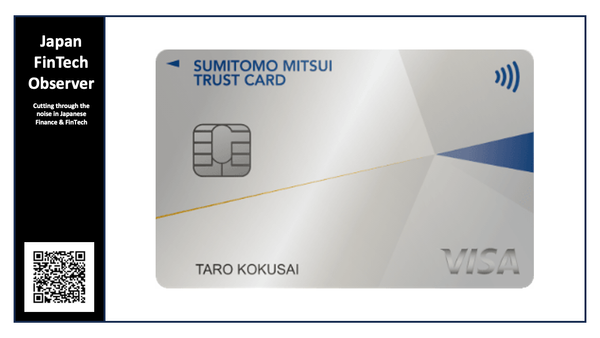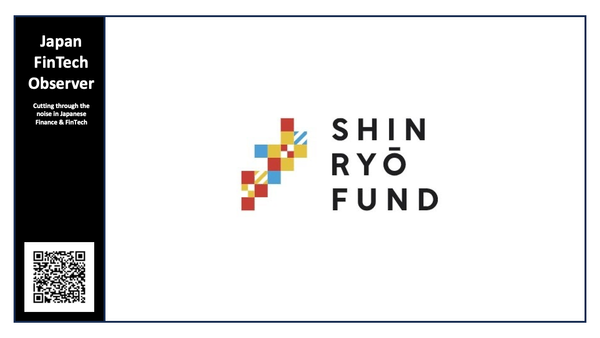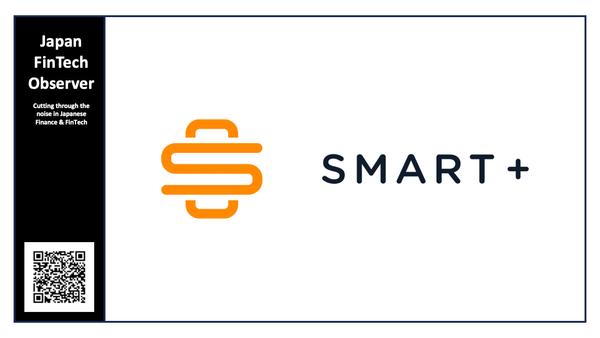Woodstock is now available for foreign residents in Japan
Woodstock’s platform expansion represents a significant milestone in the company’s journey of inclusivity and innovation. Previously…

Woodstock’s platform expansion represents a significant milestone in the company’s journey of inclusivity and innovation. Previously restricted to Japanese nationals, the trading platform has now opened its doors to foreign residents in Japan, marking a pivotal moment for international investors. The expansion embraces a diverse range of nationalities, including Chinese, Korean, and Indian communities, though notably excluding US taxpayers due to the complex regulatory challenges posed by the IRS. This strategic decision reflects the company’s commitment to navigating regulatory landscapes while providing accessible investment opportunities to a broader international audience.
The platform’s features are carefully designed to cater to both novice and experienced investors, creating a unique ecosystem that goes beyond traditional trading applications. Woodstock distinguishes itself through its community-driven approach, fostering an environment of productive conversations and collaborative learning. Unlike many trading platforms that feel impersonal and transactional, Woodstock has cultivated a culture of good manners and social connections. Users can share trading ideas, gain market consensus, and learn from each other’s experiences. The platform’s core mission extends beyond mere financial transactions, aiming to increase financial literacy and make investing more approachable and engaging for individuals who might otherwise find the financial world intimidating.
Looking toward the future, Woodstock has an ambitious and carefully considered roadmap for growth and innovation. In the near term, the company plans to introduce limit orders in the fourth quarter of 2024, providing more sophisticated trading options for users who have gained initial experience on the platform. They are also developing more gamified experiences to make investing even more accessible and enjoyable, particularly for younger demographics. The company’s long-term vision includes becoming a full stock broker by 2026, a goal that demonstrates their commitment to expanding their service offerings and deepening their market presence. An exciting area of exploration is the potential implementation of artificial intelligence, with plans to leverage AI for portfolio analytics and enhanced trade decision support, potentially revolutionizing how individual investors approach market strategies.
With regards to the broader ecosystem perspective that extends beyond Woodstock’s immediate business model, the founders explored the potential for collaboration between Japanese and Korean startup ecosystems, highlighting fascinating similarities in population dynamics and cultural structures. They argued that these two countries, despite historical tensions, share more commonalities than differences, particularly in urban concentration and lifestyle patterns. With Tokyo hosting 30% of Japan’s population and Seoul containing 50% of Korea’s, these metropolitan centers serve as economic and cultural nexuses. The vision is one of cross-border collaboration, where startups and businesses from Japan and Korea can create a powerful economic block by combining forces, potentially generating significant economic value and innovation.
At its core, Woodstock embodies a philosophy of democratizing investing and making financial education both accessible and enjoyable. The platform recognizes that traditional approaches to investing often feel complex, intimidating, and disconnected from everyday experiences. By lowering entry barriers, offering small free stock credits to new users, and creating a gamified, social learning environment, Woodstock is reimagining how people approach financial markets. The company’s approach is deeply rooted in the concept of “learning by doing,” encouraging users to gain practical experience rather than simply reading about investing. This methodology is particularly aimed at younger demographics, who are often overlooked or intimidated by traditional financial services.
The founders’ vision extends far beyond creating a trading platform; they are building a community and a learning ecosystem. By making investing feel less like a serious, high-stakes activity and more like an engaging, social experience, Woodstock is potentially transforming financial literacy for an entire generation. The platform’s design acknowledges that people learn best through interactive, supportive environments where they can share experiences, learn from peers, and gradually build confidence.
Technologically, Woodstock is positioning itself at the intersection of financial services, community building, and technological innovation. The potential AI implementations suggest a forward-thinking approach that goes beyond current market offerings. By exploring how artificial intelligence can provide personalized insights, portfolio analytics, and decision-support tools, the company is signaling its commitment to staying at the cutting edge of financial technology.
The international expansion strategy is particularly noteworthy. By carefully navigating regulatory challenges and creating a platform that feels inclusive and welcoming to foreign residents, Woodstock is addressing a significant gap in the market. Many financial services struggle to create genuinely welcoming experiences for international users, often making complex compliance requirements feel like barriers. Woodstock’s approach demonstrates that with thoughtful design and a genuine commitment to user experience, these challenges can be transformed into opportunities for connection and growth.
The increasing accessibility of international markets, the rise of community-driven platforms, and the growing interest in financial literacy among younger generations are all reflected in Woodstock’s approach. The platform is not just selling a service; it’s proposing a new paradigm for how people engage with financial markets.
As global economic landscapes continue to evolve, platforms like Woodstock represent more than just technological innovations. They are cultural bridges, educational tools, and community-building platforms that have the potential to reshape how entire generations think about investing, financial independence, and economic participation.
Please follow us to read more about Finance & FinTech in Japan, like hundreds of readers do every day. We invite you to also register for our short weekly digest, the “Japan FinTech Observer”, on Medium, on LinkedIn, or on Substack.
We also provide a daily short-form Japan FinTech Observer news podcast, available via its Podcast Page. Our global Finance & FinTech Podcast, “eXponential Finance” is available through its own LinkedIn newsletter, or via its Podcast Page.
Should you live in Tokyo, or just pass through, please also join our meetup. In any case, our YouTube channel and LinkedIn page are there for you as well.




